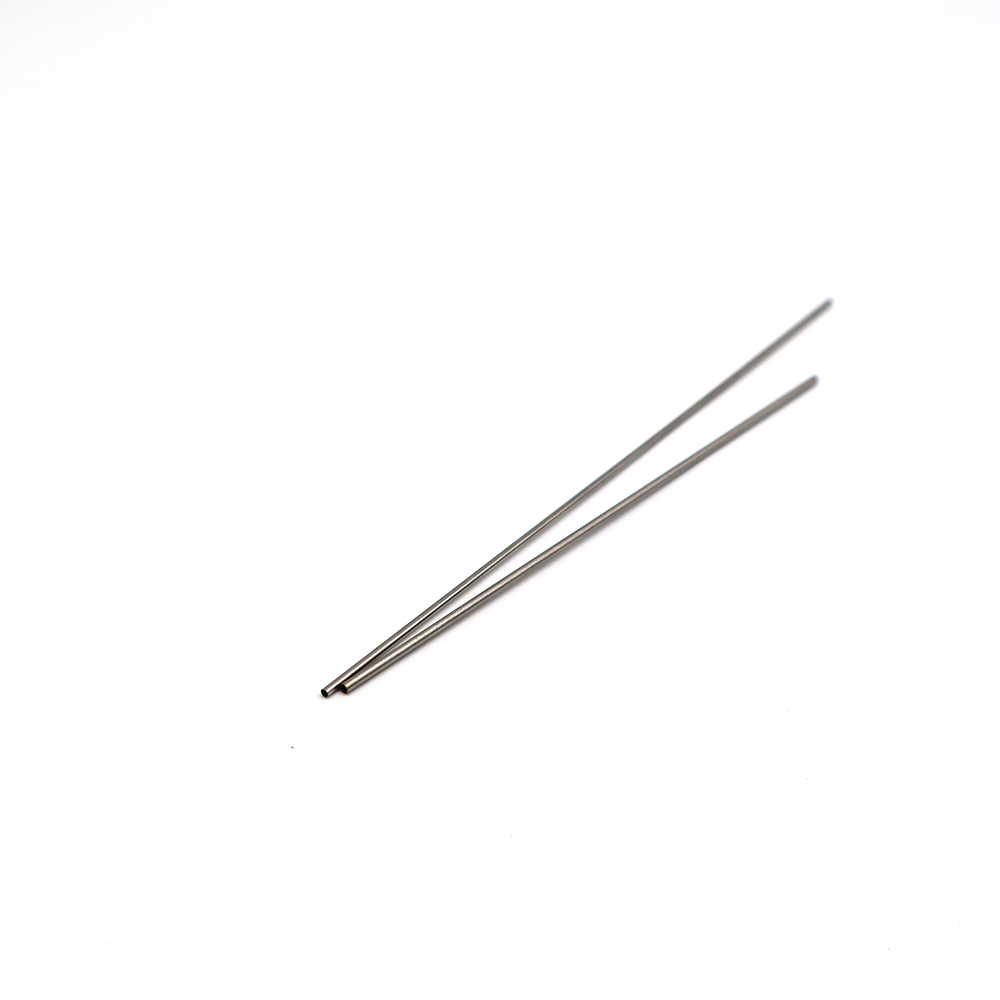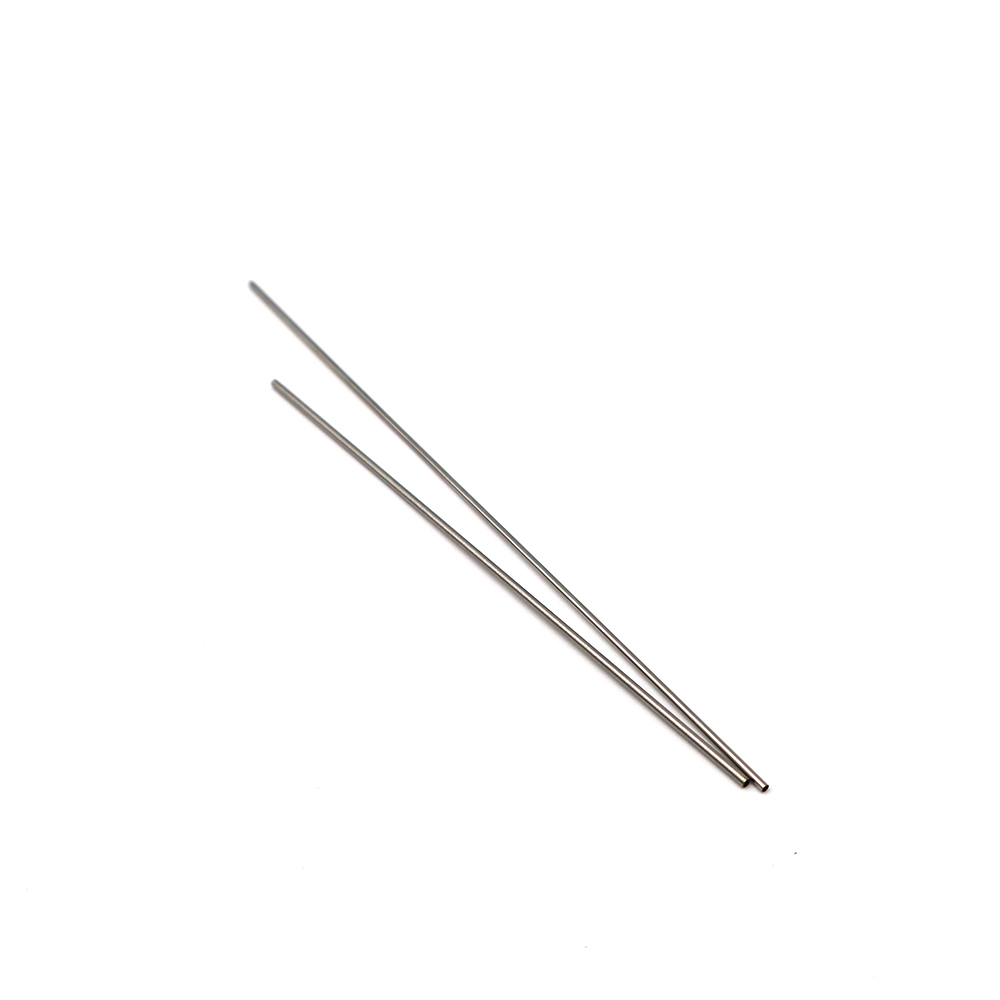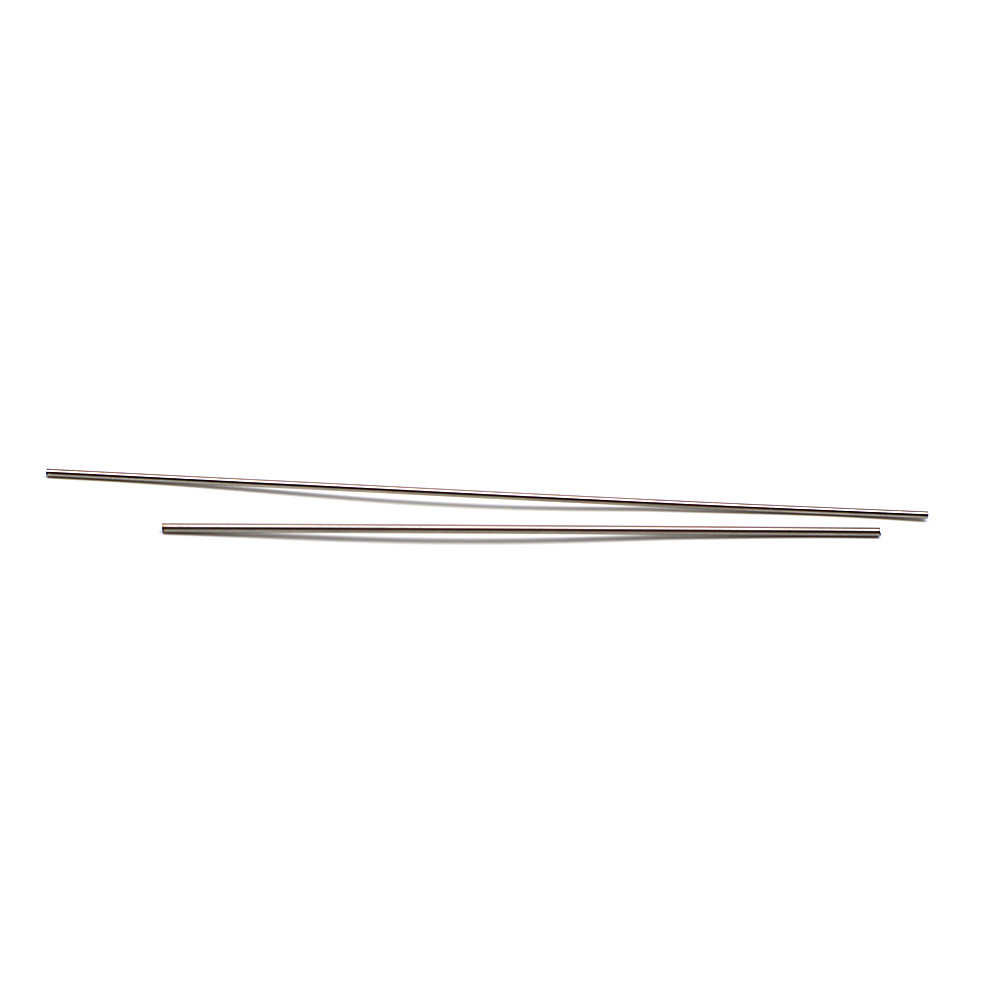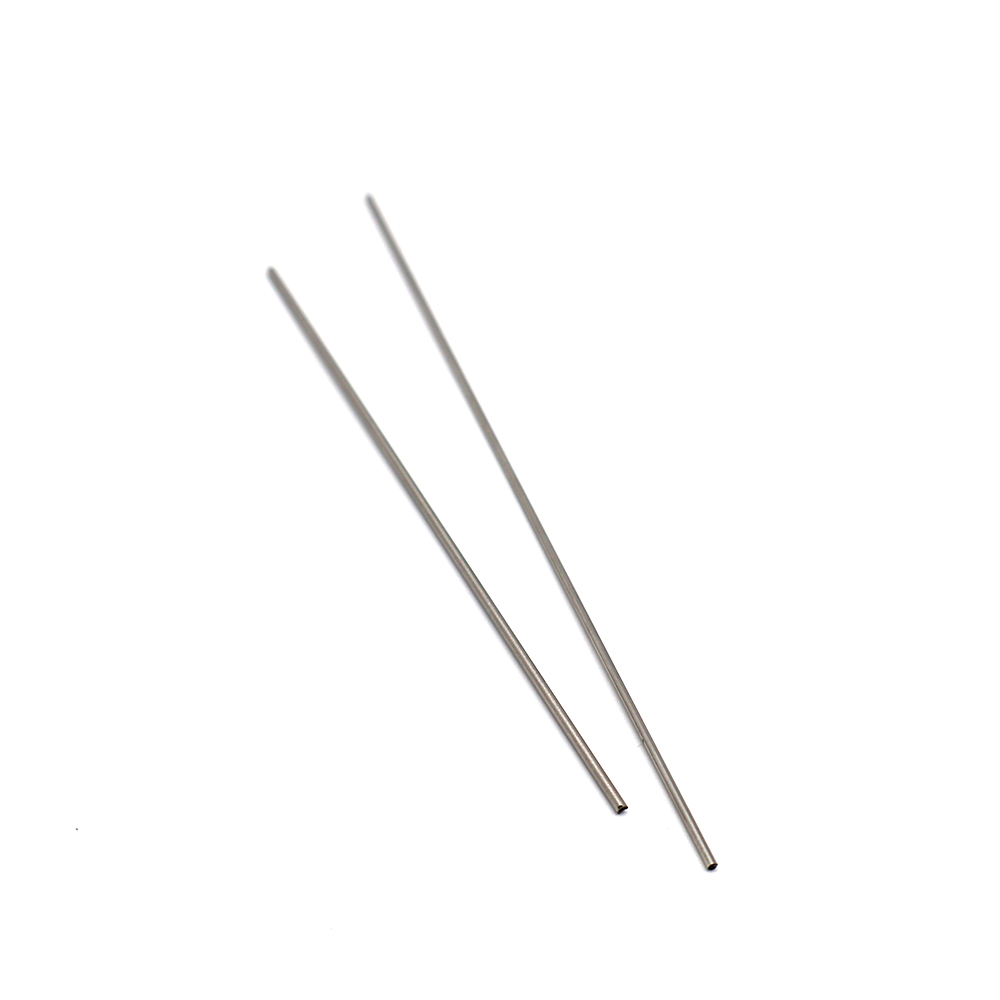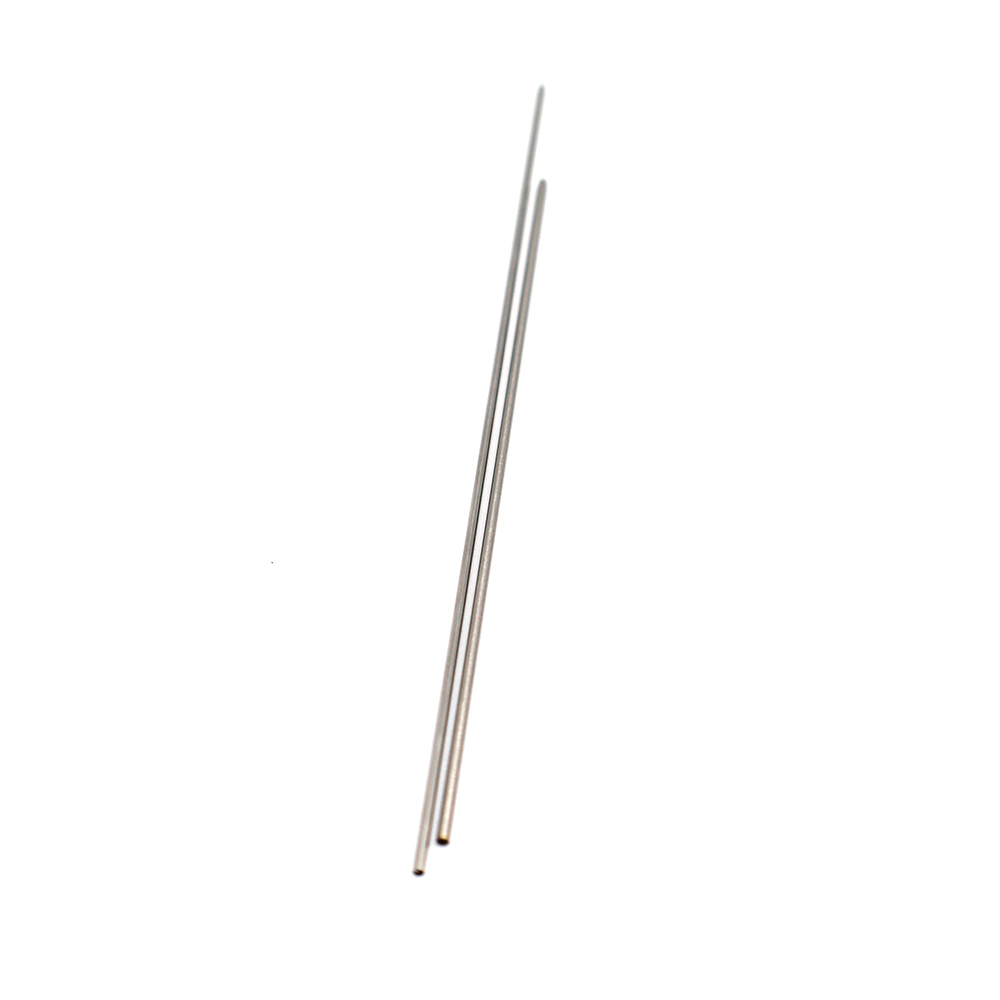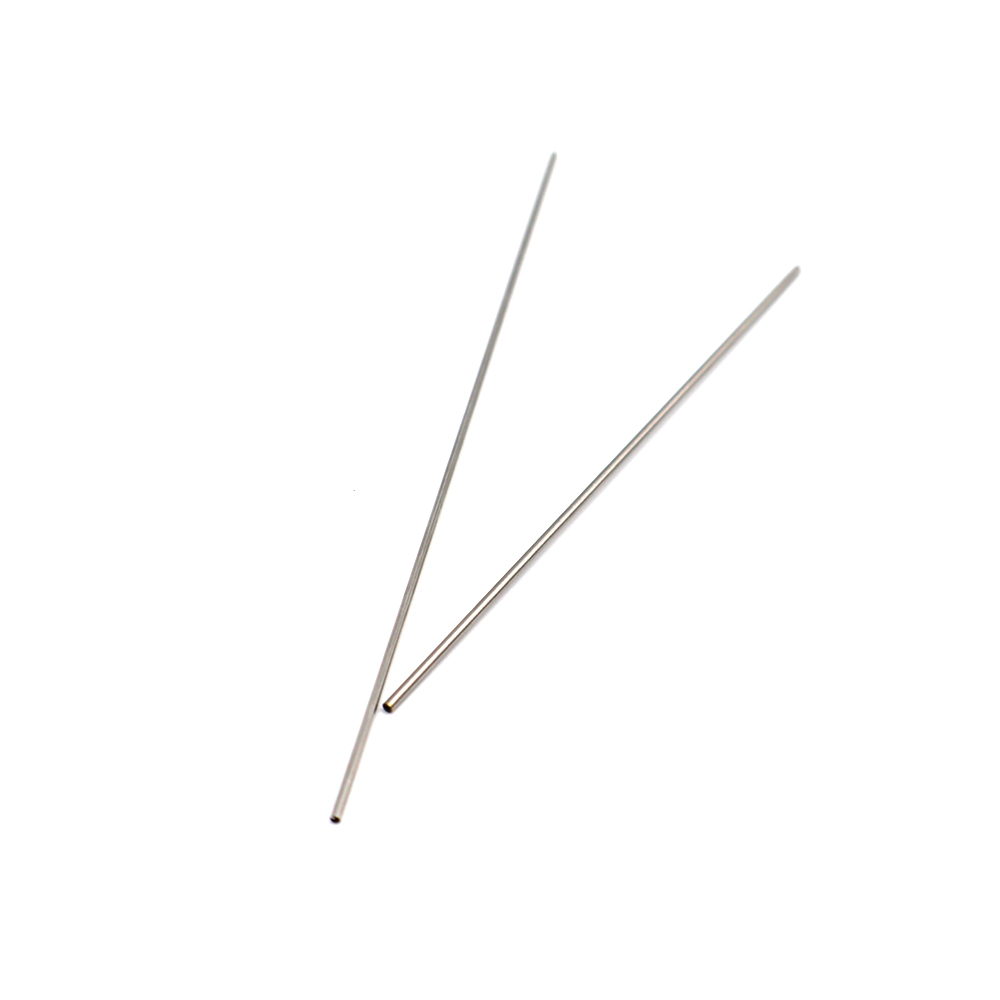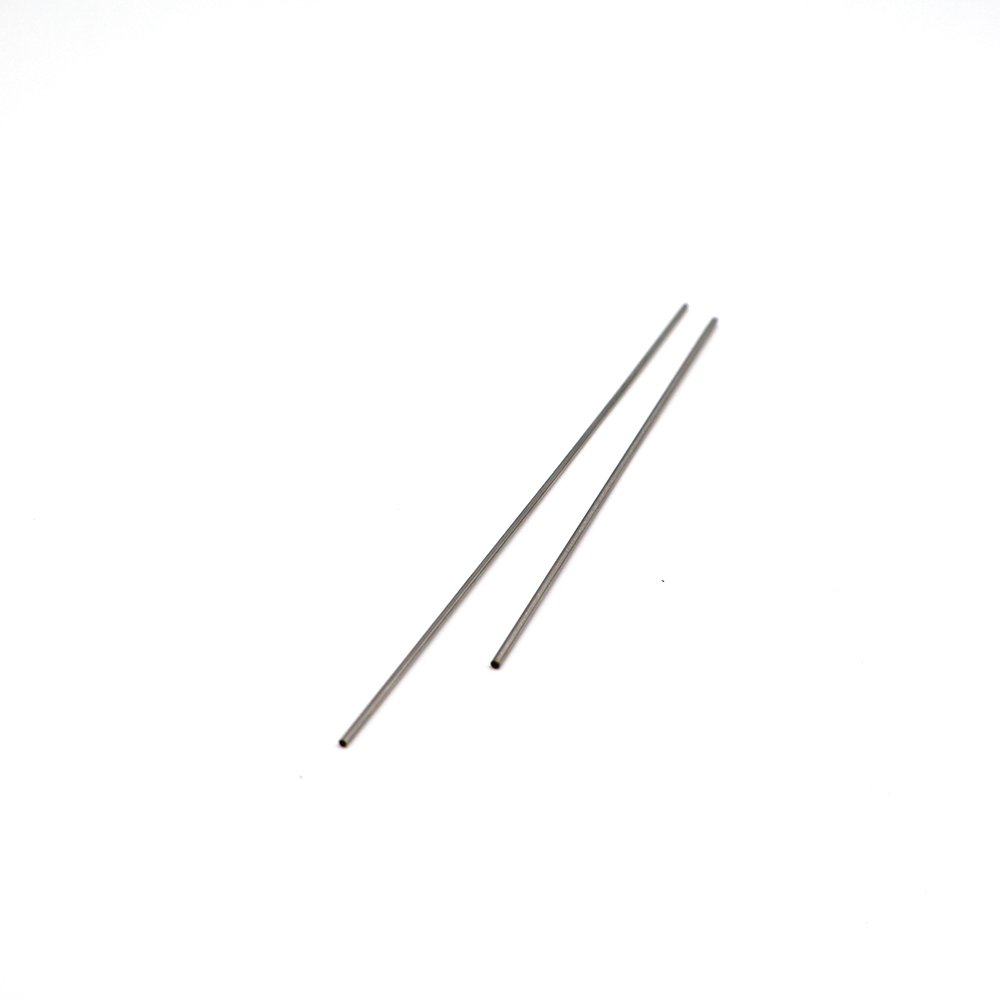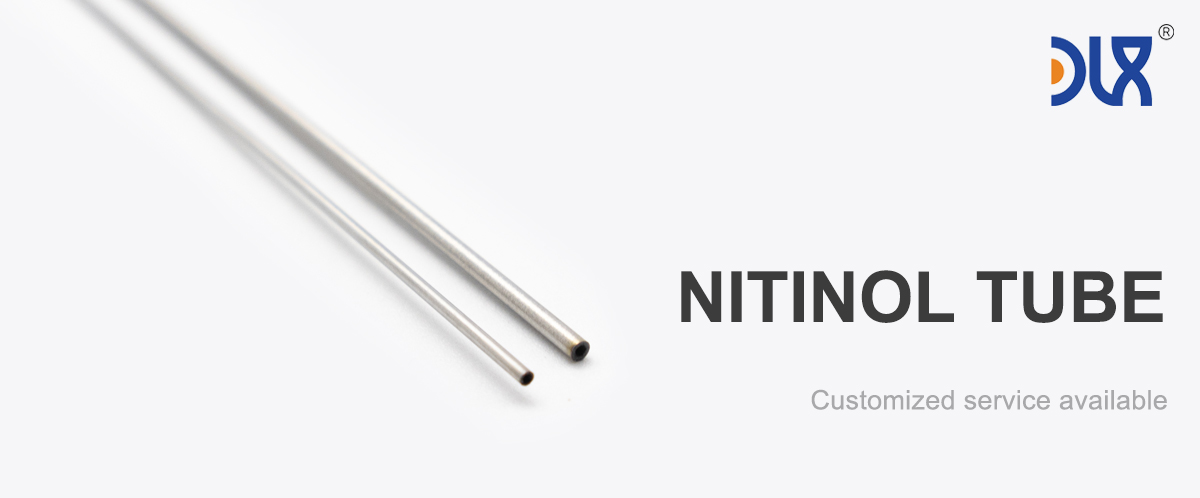
Our ASTM F2063 Nitinol tubing is a superstar for biocompatible implants, bringing precision and reliability to life-changing medical devices. Nitinol, a nickel-titanium alloy, is famous for its shape memory and superelasticity—meaning it can deform and snap back to its original shape like magic. With a nickel content of 54.5-57.0% and a transformation temperature range of -25°C to 35°C, our tubing meets the rigorous ASTM F2063 standards, ensuring top-notch biocompatibility for long-term implantation. Whether it’s supporting a stent in an artery or stabilizing a spinal implant, our Nitinol tubing delivers performance you can trust.
What sets our tubing apart? It’s engineered for durability and precision. With tensile strength of 1000-1400 MPa and excellent fatigue life, it’s built to handle the demands of the human body. We’ve optimized it for applications like vascular stents and orthopedic implants, where shape memory and flexibility are critical. Our strict quality control ensures every batch is corrosion-resistant and biocompatible, with a smooth surface finish to minimize tissue irritation. When it comes to biocompatible implants, our Nitinol tubing is the go-to choice for medical professionals and manufacturers.
For more details, pls directly contact us.
Our Nitinol tubing is a carefully crafted blend of nickel (54.5-57.0%) and titanium, delivering the shape memory and superelasticity that make it ideal for biocompatible implants. The transformation temperature range (-25°C to 35°C) is tuned for body-temperature performance, ensuring the tubing activates its shape memory precisely when needed. Compared to stainless steel or pure titanium, our Nitinol is a game-changer. Stainless steel is strong but lacks shape memory, making it less versatile for dynamic implants. Pure titanium is biocompatible but doesn’t match Nitinol’s flexibility or fatigue resistance, which are crucial for long-term implants.
Our tubing’s corrosion resistance is exceptional, standing up to bodily fluids without degrading. Its high fatigue life ensures it can endure constant stress, like a stent pulsing with every heartbeat. With an elongation range of 10-20%, our tubing balances flexibility and strength, making it perfect for intricate applications like spinal implants. We also offer customization options, such as adjusting transformation temperatures or tubing dimensions, to meet specific implant needs, all while maintaining ASTM F2063 compliance for medical safety.
Nickel- Titanium Wire Grades and Composition Comparison
Grade | Chemical Composition (Main Elements, Balance Ti) | Transformation Temperature (Af) Range | Tensile Strength (MPa) | Elongation (%) | Main Applications |
|---|---|---|---|---|---|
NiTi-01M (Superelastic) | Ni: 54.5-57.0%, Ti: Balance | -25~35°C | 800-1100 | 10-20 | Medical orthodontic wires, root canal files, vascular stents |
NiTi-02 | Ni: 55.0-56.5%, Ti: Balance | 0~80°C | 700-1000 | 8-15 | Shape memory alloys, temperature control devices |
CuNiTi (Ternary Alloy) | Ni: 54.0-56.0%, Cu: 0.5-2.0%, Ti: Balance | -25~35°C | 850-1200 | 12-25 | Medical guidewires, sutures, staplers |
NiTiFe | Ni: 54.5-57.0%, Fe: 0.1-2.0%, Ti: Balance | -50~20°C | 900-1300 | 10-18 | Low-temperature applications, aerospace components |
NiTiCr | Ni: 54.5-57.0%, Cr: 0.1-0.5%, Ti: Balance | -20~40°C | 1000-1400 | 8-15 | High-strength medical devices, bone fixation devices |
For more details, pls directly contact us.
The Nitinol tubing market is thriving, especially for biocompatible implants. In 2025, the global medical implant market is growing at a CAGR of 6.2%, with Nitinol leading the way for its unique properties. The rise of minimally invasive procedures and an aging population are big drivers—patients need reliable implants, and surgeons demand materials that perform with precision. Our ASTM F2063 Nitinol tubing is tailor-made for this, excelling in applications like stents and orthopedic devices where biocompatibility and durability are key.
Beyond medical, industries like robotics and aerospace are exploring Nitinol’s potential, but healthcare remains the focus. Trends show a push toward advanced biomaterials, with manufacturers optimizing alloys for better biocompatibility and fatigue resistance. The growing demand for cardiovascular and orthopedic implants is fueling Nitinol’s popularity. Challenges like high production costs and strict regulations (like ASTM F2063) keep the market competitive, but our advanced manufacturing and rigorous testing give us a clear edge in delivering reliable Nitinol tubing.
Applications of Our ASTM F2063 Nitinol Tubing
Our Nitinol tubing is a powerhouse for biocompatible implants, shining in a range of medical applications:
Vascular Stents: Its shape memory allows stents to collapse for delivery and expand precisely in arteries, ensuring long-term performance.
Orthopedic Implants: The tubing’s flexibility and strength support bone plates and screws, aiding healing without compromising durability.
Spinal Devices: Its superelasticity ensures precise movement in spinal fusion devices, improving patient outcomes.
Cardiac Implants: The tubing’s durability powers heart valve frames and other critical components, delivering reliability.
Dental Implants: Its biocompatibility ensures safe, long-term use in dental frameworks, enhancing stability.
These applications highlight why our Nitinol tubing is a top choice for implants that demand precision and longevity.
Parameter | Our Nitinol Tubing (ASTM F2063) | Stainless Steel | Pure Titanium |
|---|---|---|---|
Nickel Content | 54.5-57.0% | 0% | 0% |
Transformation Temp (Af) | -25~35°C | N/A | N/A |
Tensile Strength (MPa) | 1000-1400 | 500-1000 | 240-550 |
Elongation (%) | 10-20 | 15-40 | 20-30 |
Superelasticity | Yes | No | No |
Shape Memory | Yes | No | No |
Corrosion Resistance | Excellent | Good | Excellent |
Biocompatibility | High (ASTM F2063 compliant) | Moderate | High |
Applications | Stents, orthopedic implants | Surgical tools | Bone implants |
When it comes to ASTM F2063 Nitinol tubing, we’re leading the pack. Our tubing is crafted with precision, from tightly controlled nickel content to a smooth surface finish that minimizes tissue irritation. We invest heavily in R&D to optimize shape memory, tensile strength, and biocompatibility, ensuring our tubing meets the demands of biocompatible implants. Our advanced testing for corrosion resistance and fatigue life guarantees performance in the body’s toughest conditions.
Our supply chain is a key strength. We’ve streamlined production to deliver Nitinol tubing quickly, whether it’s a small batch for prototyping or a large order for global manufacturers. Our team works closely with clients to customize tubing specs, like adjusting transformation temperatures or wall thickness for specific implants. With state-of-the-art manufacturing, we achieve tighter tolerances than industry standards, reducing risks and ensuring reliability. This blend of innovation, speed, and quality makes us the top choice for medical implant manufacturers.
Why Choose Our ASTM F2063 Nitinol Tubing?
Our Nitinol tubing is built for performance and trust. Here’s why it’s the best pick for biocompatible implants:
Unmatched Biocompatibility: Every batch meets ASTM F2063 standards, with rigorous testing for safety and corrosion resistance.
Customizable: We tailor transformation temperatures and tubing dimensions to fit your specific implant needs.
Reliable Performance: Our tubing’s shape memory ensures precise functionality in dynamic implants.
Fast Delivery: Our optimized supply chain delivers high-quality Nitinol tubing on time, every time.
Expert Support: Our material scientists and engineers are here to collaborate, ensuring your implants exceed expectations.
Future Trends and Our Commitment
The Nitinol tubing market is evolving, and we’re at the forefront. Advances in biomaterials could enhance our tubing’s properties, like improving radiopacity for better imaging during surgeries. The rise of personalized medicine and minimally invasive implants is driving demand for precise, biocompatible materials, and our Nitinol tubing is ready to meet those needs. We’re investing in next-gen manufacturing to stay ahead, exploring ways to optimize performance while keeping costs competitive.
Sustainability is a priority too. We’re reducing our environmental footprint through energy-efficient production and Nitinol recycling programs. As healthcare demands greener solutions and regulations tighten, we’re committed to delivering eco-friendly, high-performance materials. Our goal is to keep pushing the limits of what Nitinol can do, ensuring our tubing remains the top choice for biocompatible implant innovation.
Conclusion
Our ASTM F2063 Nitinol tubing is transforming biocompatible implants, from stents to spinal devices. Its shape memory, superelasticity, and biocompatibility make it the ideal choice for medical applications. With a booming market and trends favoring minimally invasive solutions, our tubing is built for the future. By choosing us, you’re getting more than a product—you’re partnering with a company dedicated to innovation, quality, and your success. Let’s create implants that improve lives together.
For more details, pls directly contact us.
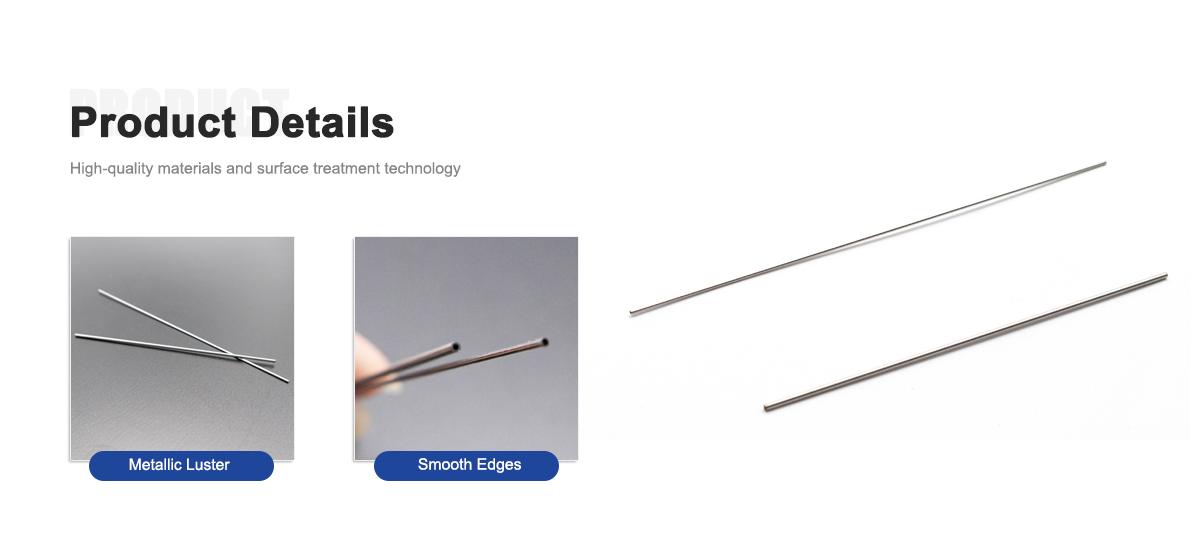
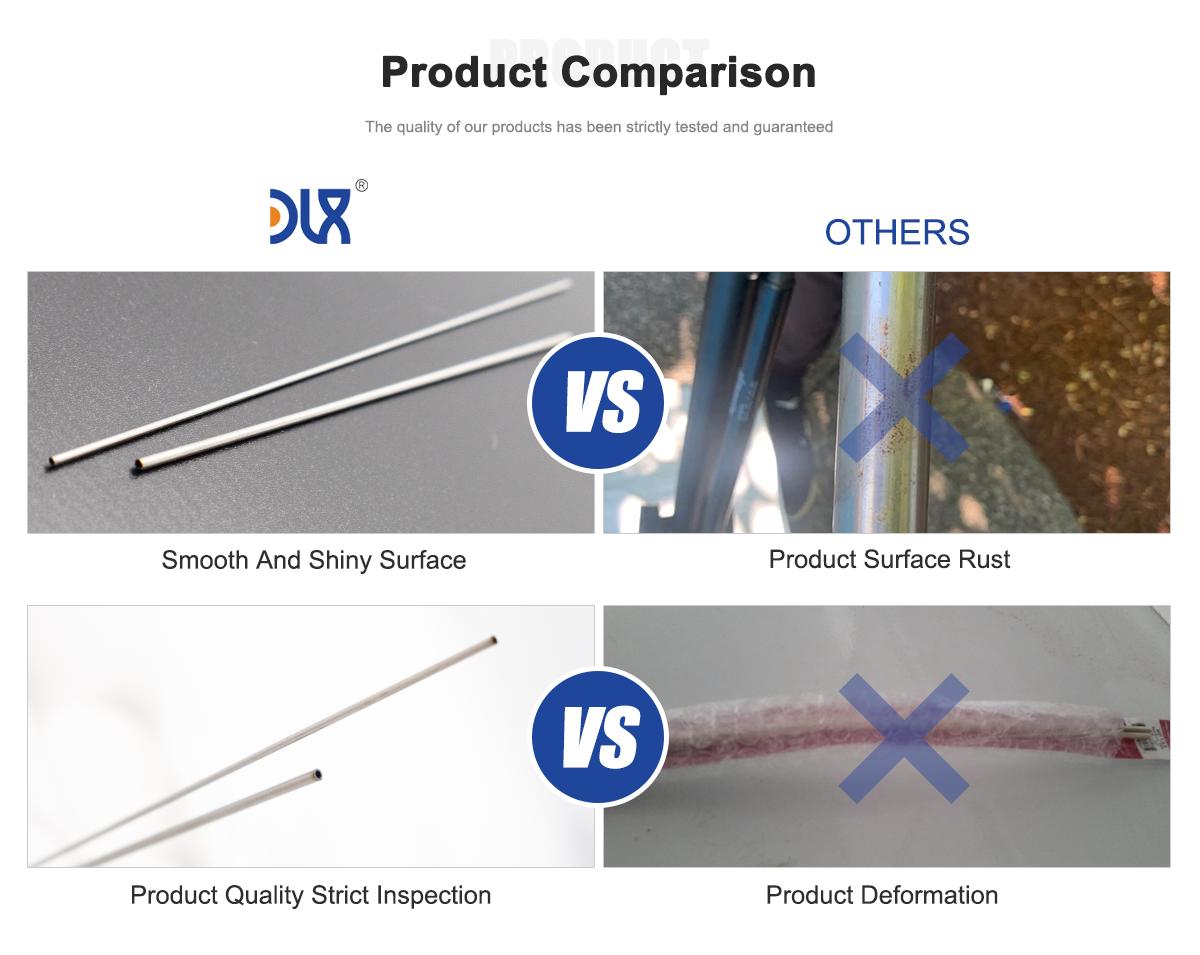
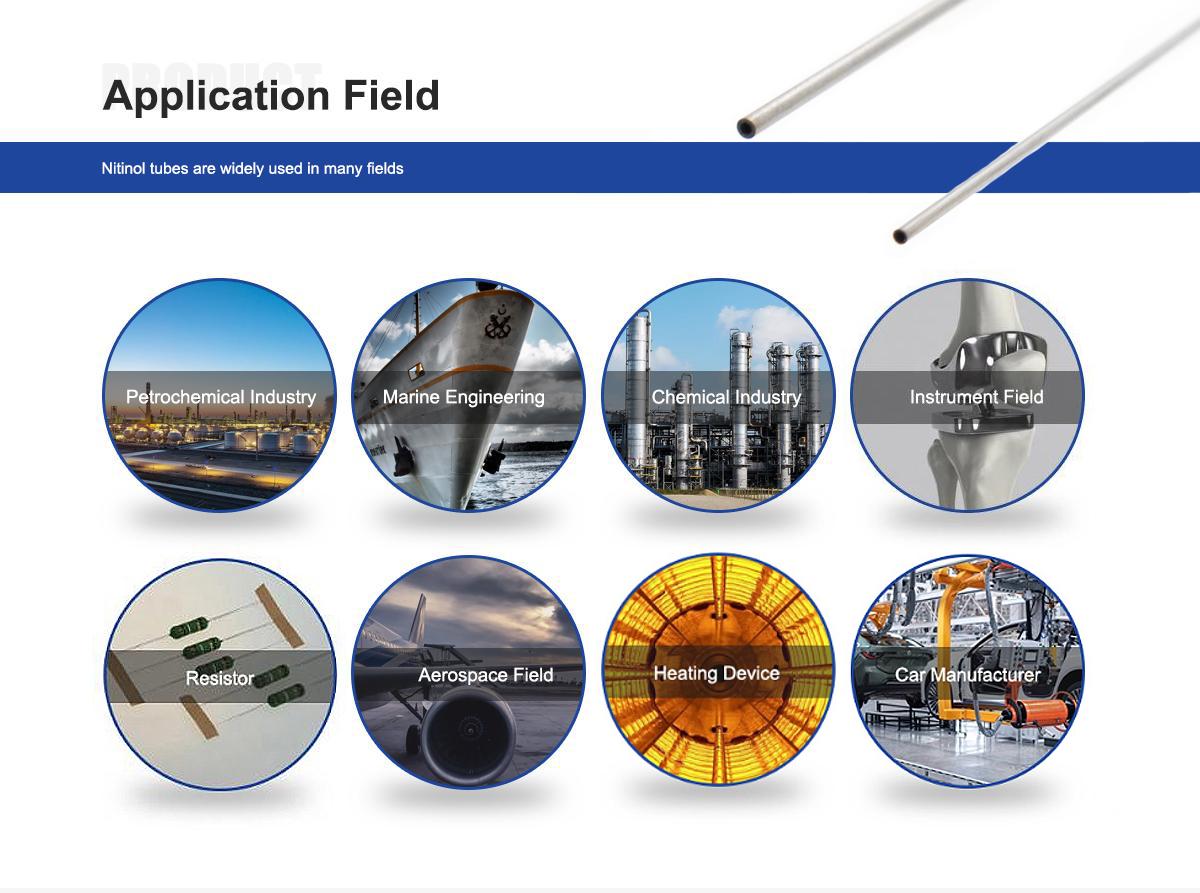
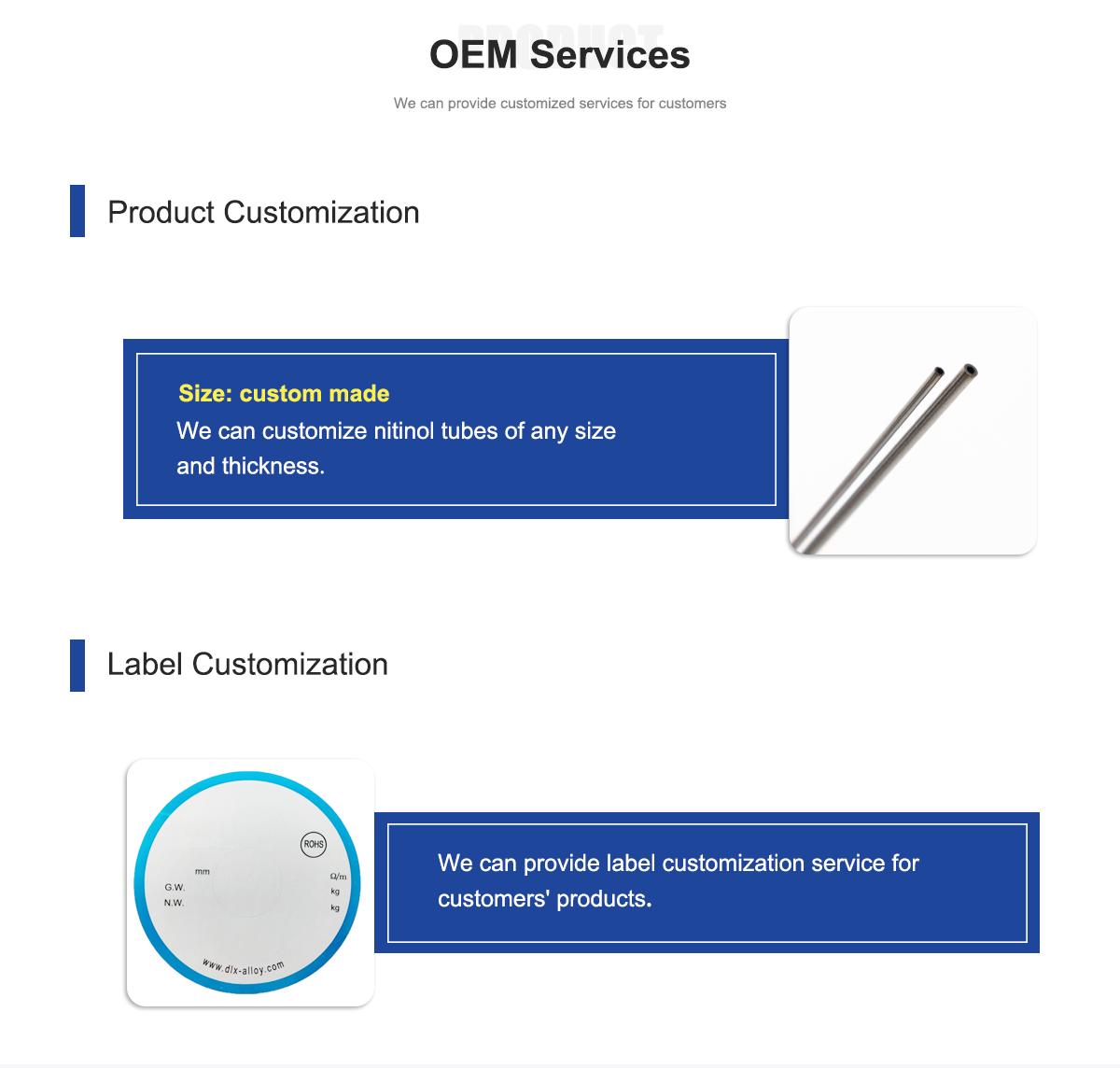
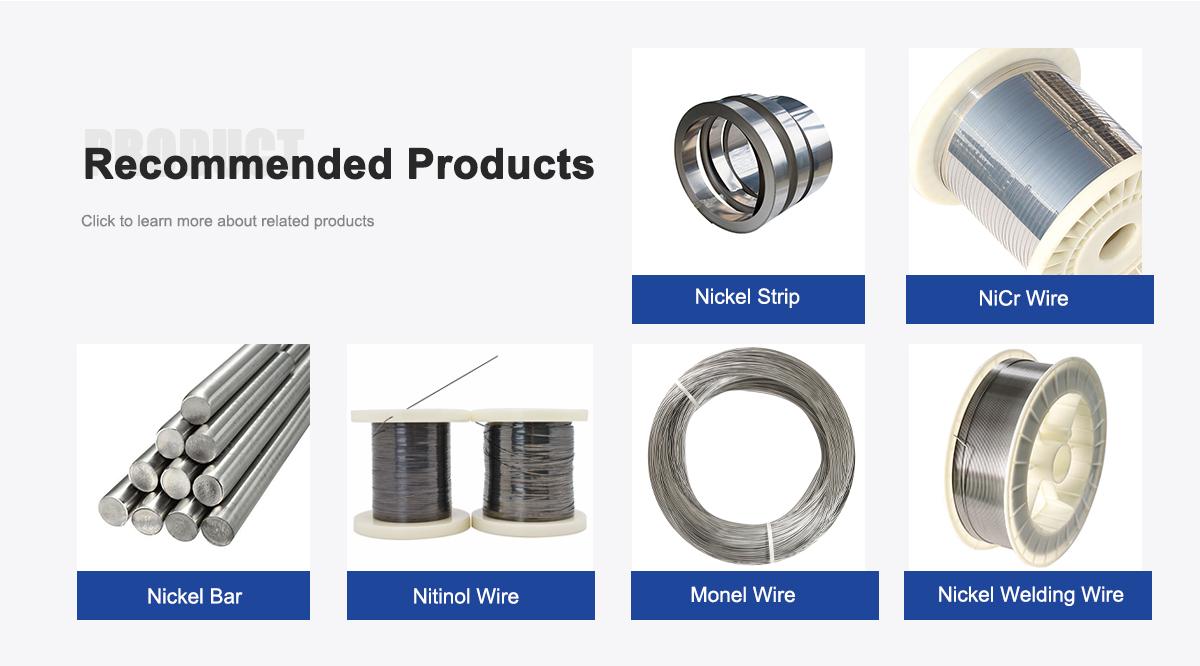
About Us:
Our 12,000㎡ factory is equipped with complete capabilities for research, production, testing, and packaging. We strictly adhere to ISO 9001 standards in our production processes, with an annual output of 1,200 tons. This ensures that we meet both quantity and quality demands. Furthermore, all products undergo rigorous simulated environment testing including high temperature, high pressure, and corrosion tests before being dispatched, ensuring they meet customer specifications.
For all our clients, we offer timely and multilingual after-sales support and technical consulting, helping you resolve any issues swiftly and efficiently.
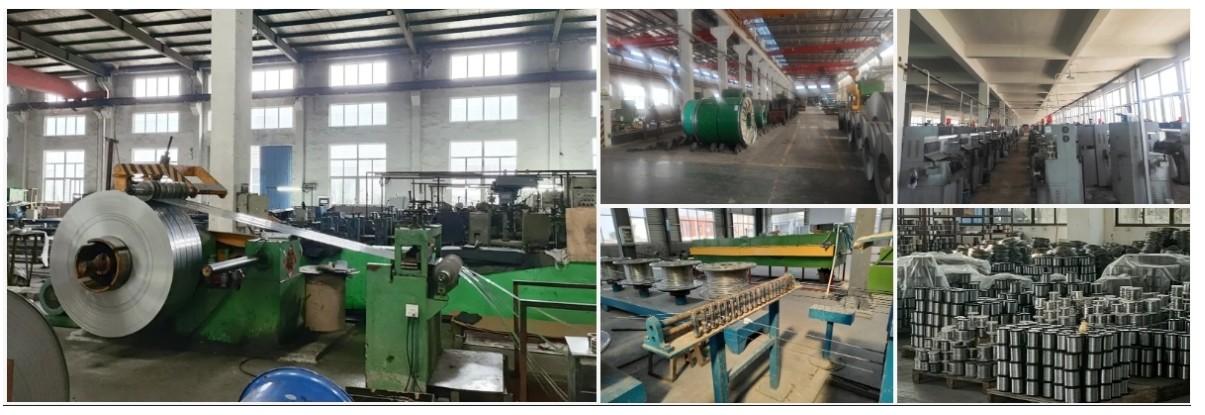
Client Visits
Building Stronger Partnerships

We support all kinds of testing:
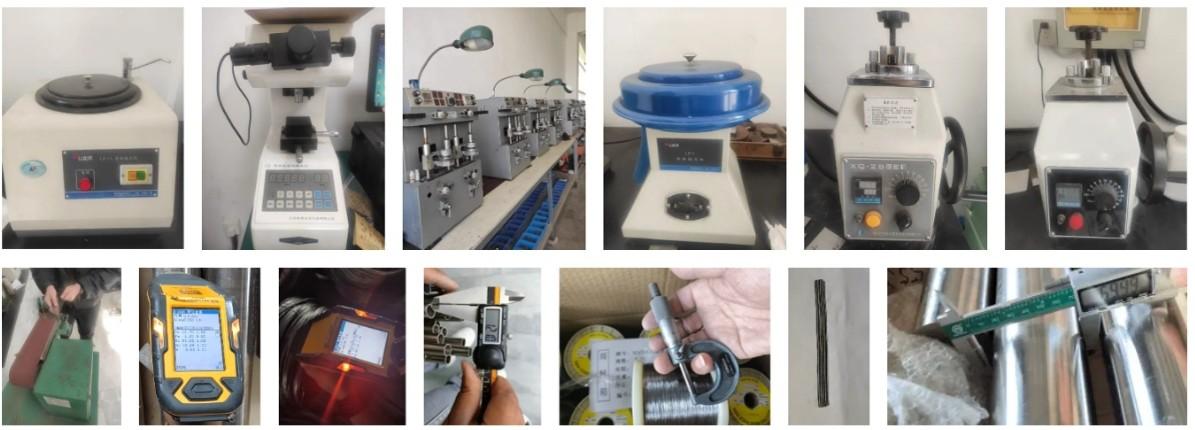

FAQs:
What is ASTM F2063 Nitinol tubing for biocompatible implants?
Our ASTM F2063 Nitinol tubing is a nickel-titanium alloy designed for biocompatible implants, offering shape memory and superelasticity for medical applications.How does shape memory benefit biocompatible implants?
It allows our tubing to return to its preset shape after deformation, ensuring precise functionality in implants like stents and orthopedic devices.What are the main applications of our Nitinol tubing?
It’s used in vascular stents, orthopedic implants, spinal devices, and other biocompatible medical implants.Is our Nitinol tubing safe for medical use?
Yes, it meets ASTM F2063 standards, ensuring biocompatibility and safety for long-term implantation.How does our Nitinol tubing compare to other materials?
Unlike stainless steel or titanium, our Nitinol offers superior shape memory and superelasticity, ideal for dynamic implants.Which industries use our Nitinol tubing?
Primarily medical for implants, but also robotics and aerospace for shape-memory components.What are the market trends for Nitinol tubing in implants?
Growing demand for minimally invasive implants, advancements in alloy biocompatibility, and increased use in orthopedic and cardiovascular devices drive market growth.How does our Nitinol tubing perform in the body?
Its shape memory and corrosion resistance ensure reliable, long-term performance in biocompatible implants.

